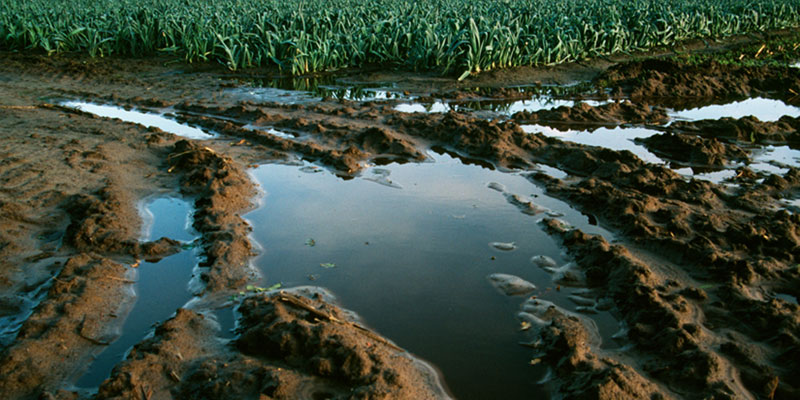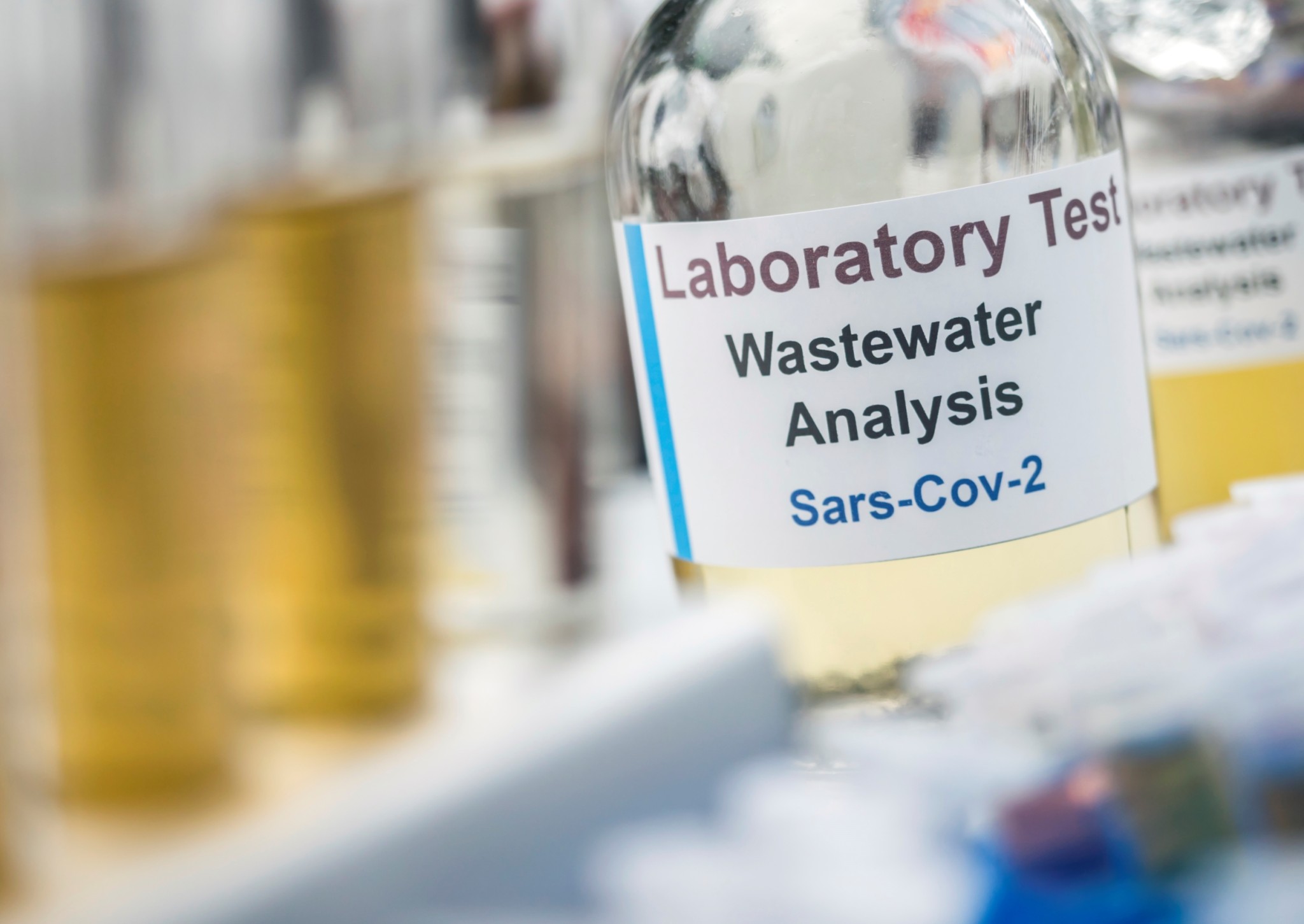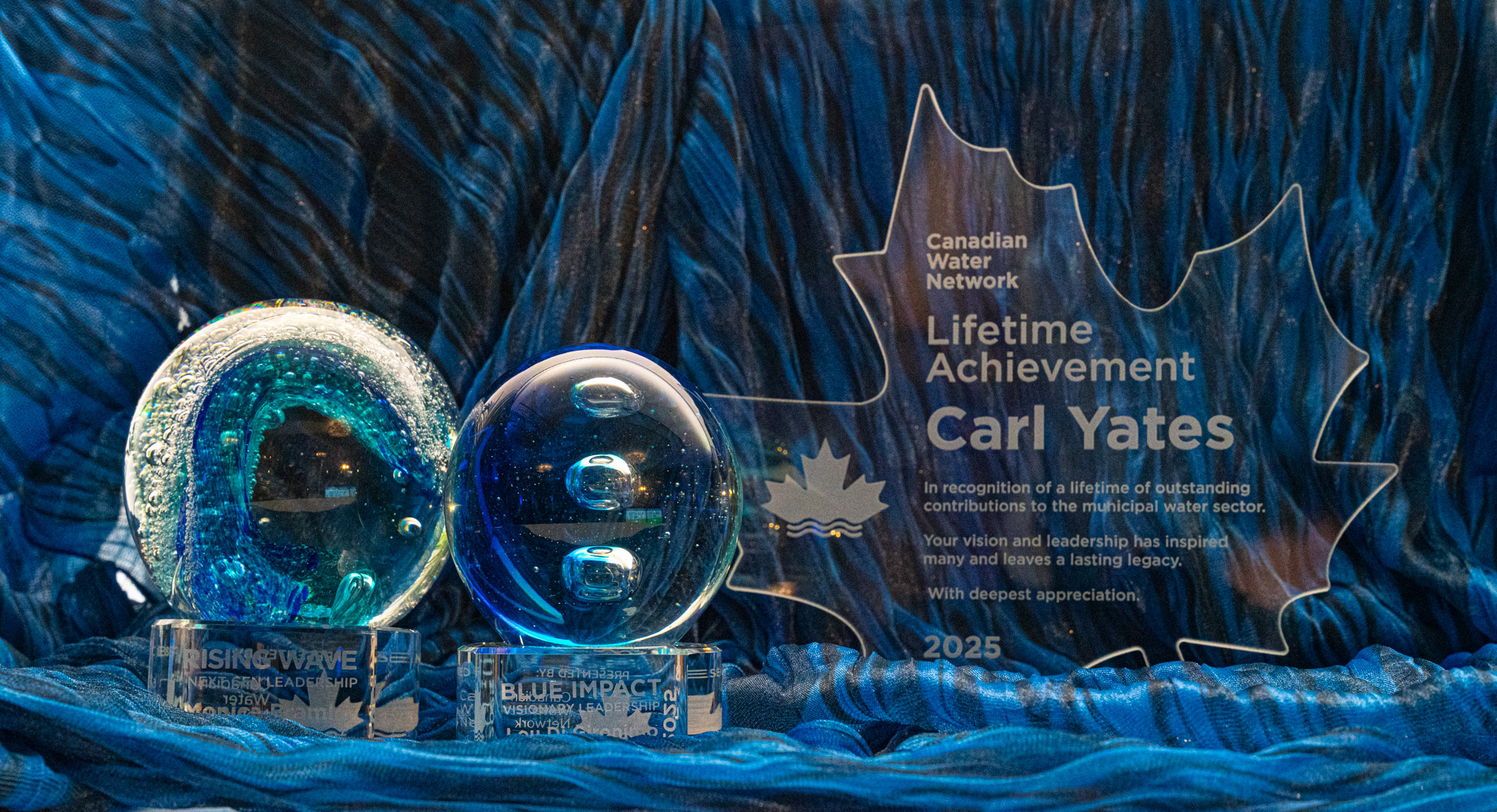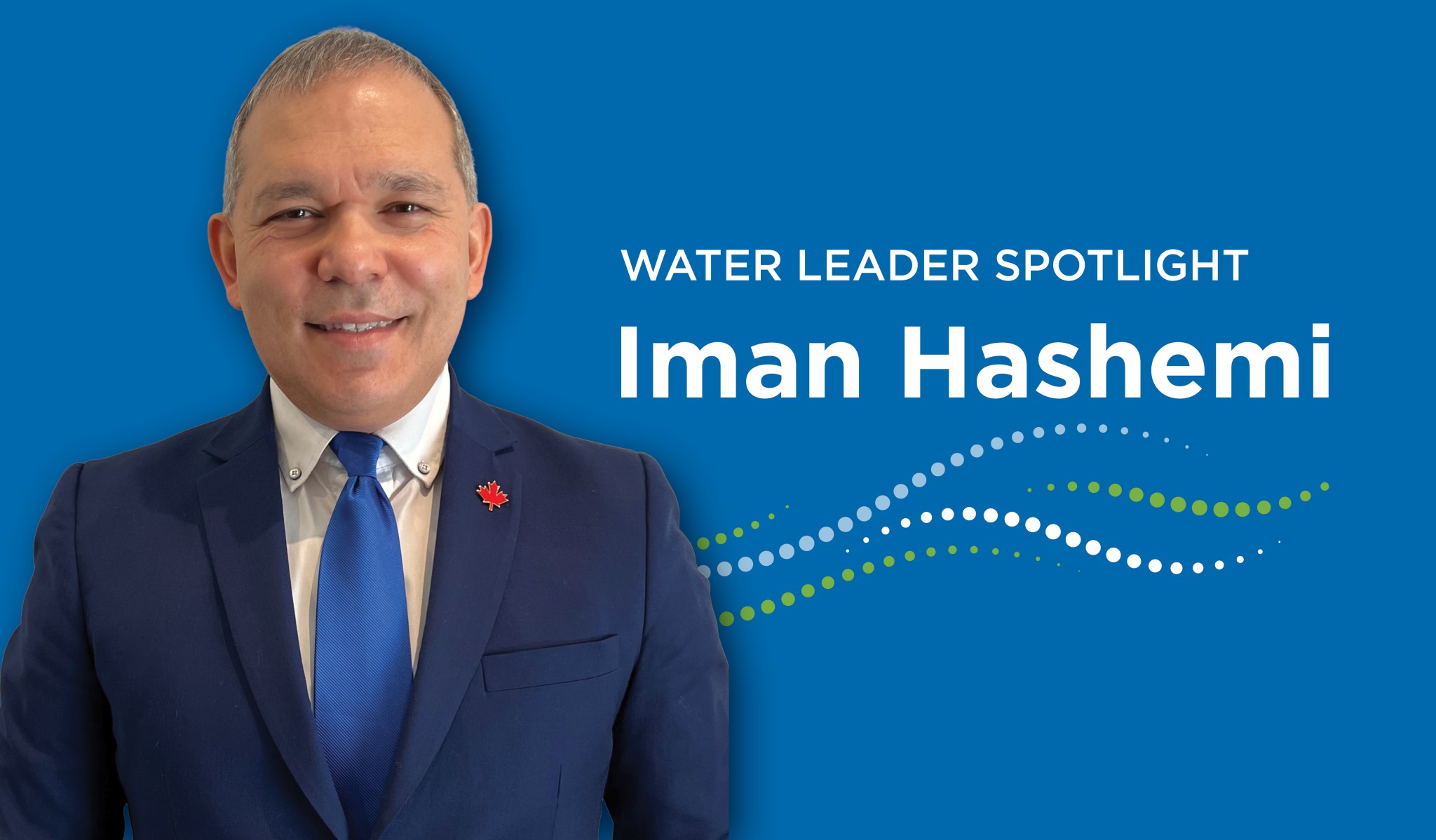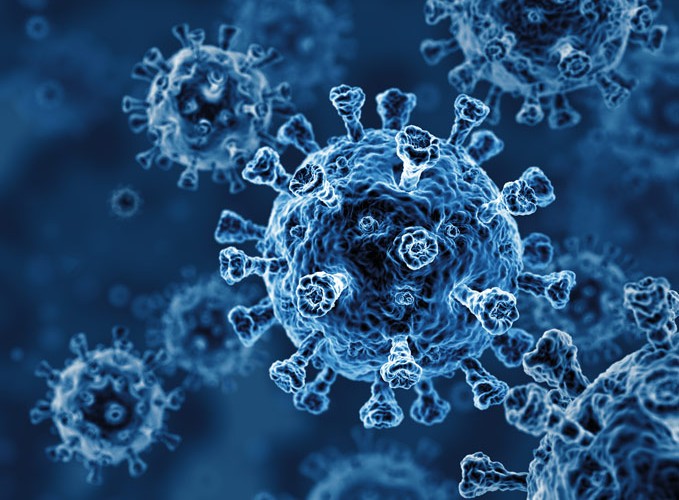
Protecting public health through collaboration, insight, and proactive solutions.
Water is a powerful lens for understanding and protecting environmental and community health. As detection technologies advance, we’re gaining a clearer picture of health indicators and contaminants in water and wastewater. Understanding what they mean and how to respond is essential.
Canadian Water Network (CWN) works with researchers, public health professionals, utility leaders, and decision-makers to assess risks, interpret findings, and guide proactive responses. Through initiatives like the Wastewater-based Surveillance Program (in partnership with the National Collaborating Centre for Infectious Diseases) and CWN’s COVID-19 Wastewater Coalition, we create spaces for shared learning, strategic dialogue, and collective problem-solving.
Together, we’re using insights from water to protect public health.
Core Activities
This focus area supports targeted projects that respond to sector needs and emerging opportunities.
Core Programs and Projects
Strategic Sharing Group on bioresources
CWN’s Strategic Sharing Groups bring municipal water utility leaders together to explore innovative circular approaches to managing biosolids. This group will explore strategies to counter emerging contaminants like PFAS and advanced alternatives such as thermal technologies.
Looking ahead
In the coming year, CWN will continue to lead with an issues-driven approach — focusing on the topics that matter most to communities right now:
Our work helps protect human and environmental health.


